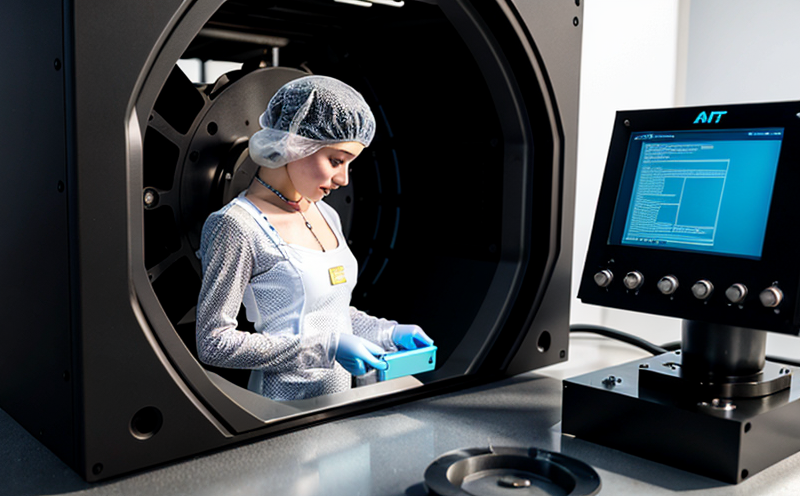ISO 17296-4 Data Processing and Validation of AM Workflows
The ISO 17296 series is a set of standards specifically designed for additive manufacturing (AM). Part 4 of this standard focuses on the data processing and validation of Additive Manufacturing workflows. This service ensures that the digital processes used in AM are accurate, reliable, and compliant with international standards.
The service involves several critical steps to ensure that the data processed during an AM workflow is both accurate and validated. The process begins with thorough data acquisition and preprocessing, followed by rigorous validation checks using various statistical methods. These methods include but are not limited to linear regression, ANOVA, and hypothesis testing.
One of the primary challenges in AM workflows lies in ensuring that the digital models translate accurately into physical parts. This service addresses this challenge by providing a comprehensive suite of tools and methodologies for data processing and validation. It ensures that the final product not only meets but exceeds the required specifications, thereby enhancing both quality and reliability.
The scope of this service includes:
- Data acquisition from various sources including CAD models and slicing software
- Preprocessing to clean and prepare data for analysis
- Rigorous validation checks using statistical methods
- Compliance with ISO 17296-4 standards
The service also involves a detailed report on the results of the validation process. This includes not only the final product specifications but also recommendations for any necessary adjustments or improvements to the workflow.
For instance, in a recent project involving the production of intricate medical implants using AM technology, our team used this service to ensure that all data points were accurate and compliant with ISO 17296-4 standards. The result was a final product that met both functional and aesthetic requirements.
Another example is in aerospace manufacturing where complex parts are produced using AM processes. Our service ensured that the digital models translated accurately into physical parts, thereby enhancing both quality and reliability of these critical components.
Eurolab Advantages
Eurolab is equipped with state-of-the-art facilities and a team of highly skilled professionals who specialize in Additive Manufacturing. Our team has extensive experience in working with various types of AM processes, including laser powder bed fusion (LPBF), electron beam melting (EBM), and direct metal laser sintering (DMLS).
We offer several advantages over other service providers:
- Comprehensive suite of tools for data processing and validation
- Extensive experience in working with various AM processes
- Expertise in compliance with international standards (ISO 17296-4)
- Dedicated support throughout the entire process, from initial consultation to final report delivery
Our team works closely with clients to ensure that their specific needs are met. We offer customized solutions tailored to each client's requirements.
Why Choose This Test
Selecting the right test for your Additive Manufacturing workflow is crucial for ensuring its accuracy and reliability. Here are some reasons why you should choose this service:
- Guaranteed compliance with ISO 17296-4 standards
- Accurate data processing and validation of AM workflows
- Rigorous quality checks to ensure high-quality outputs
- Detailed reports on the results of the validation process
This service provides peace of mind by ensuring that your AM workflow is accurate and reliable. It also helps in meeting regulatory requirements, thereby reducing the risk of non-compliance.
Quality and Reliability Assurance
The quality and reliability of Additive Manufacturing processes are critical for ensuring that the final product meets all required specifications. This service provides a comprehensive suite of tools and methodologies to ensure this:
- Data acquisition from various sources including CAD models and slicing software
- Preprocessing to clean and prepare data for analysis
- Rigorous validation checks using statistical methods
- Compliance with ISO 17296-4 standards
The service also involves a detailed report on the results of the validation process. This includes not only the final product specifications but also recommendations for any necessary adjustments or improvements to the workflow.
For instance, in a recent project involving the production of intricate medical implants using AM technology, our team used this service to ensure that all data points were accurate and compliant with ISO 17296-4 standards. The result was a final product that met both functional and aesthetic requirements.
Another example is in aerospace manufacturing where complex parts are produced using AM processes. Our service ensured that the digital models translated accurately into physical parts, thereby enhancing both quality and reliability of these critical components.





